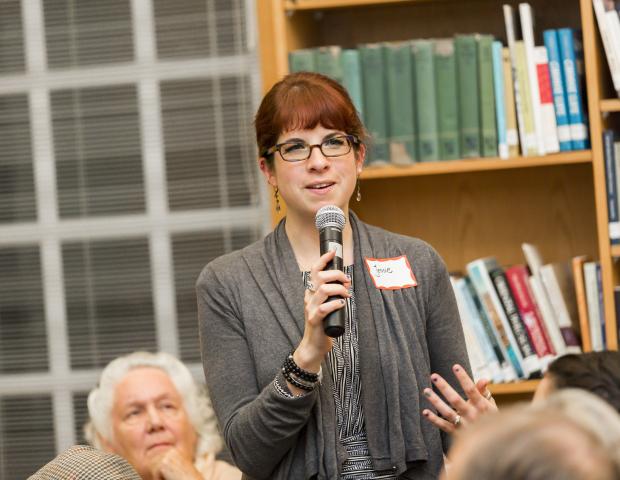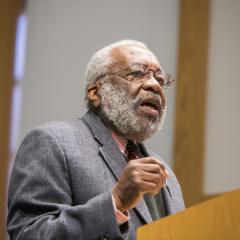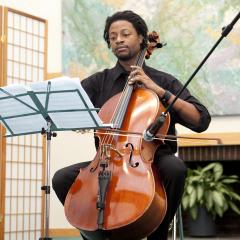What Do We Mean By Limitless Potential?
Ikeda Forum dialogue reflection
Our hope-based work at the Center is grounded in what Daisaku Ikeda calls “an unwavering faith in the limitless potential and dignity of all people.”
This faith is derived from the Nichiren Buddhist teaching that there are ten inner worlds we possess, ranging from hunger and anger to learning and realization all the way up to Buddhahood. Any of these realms, writes Ikeda, “can become manifest at any time through interaction with our surroundings.” This means all people, without exception, can realize the highest spiritual potential, as it is already inherent within each of us. In terms of our daily life, the concept refers to our capacities to achieve greater results, personally and socially, than we might first be inclined to think, an attitude which effectively shuts us down before we’ve had a chance to succeed.
Writing in Daisaku Ikeda’s Philosophy of Peace, scholar Olivier Urbain recommends we use Ikeda’s three attributes of the global citizen—courage, wisdom, and compassion—as guideposts for understanding how to understand our limitless potential. For him, courage means to develop our potential in terms of qualities such as “hope, will, positive energy, and enthusiasm.” For wisdom, it could mean “imagination, creativity, and the effective use of knowledge.” For compassion, it might include, “generosity, kindness, and empathy.” Through faith and commitment, all of these qualities can be maximized, even in difficult circumstances. Indeed, it is one of Ikeda’s key contentions that it is the facing of difficulties that often provides an opportunity for the emergence of unanticipated capacities. Or, as he often puts it: “Adversity gives birth to greatness. The greater the challenges and difficulties we face, the greater opportunity we have to grow and develop as people.”



